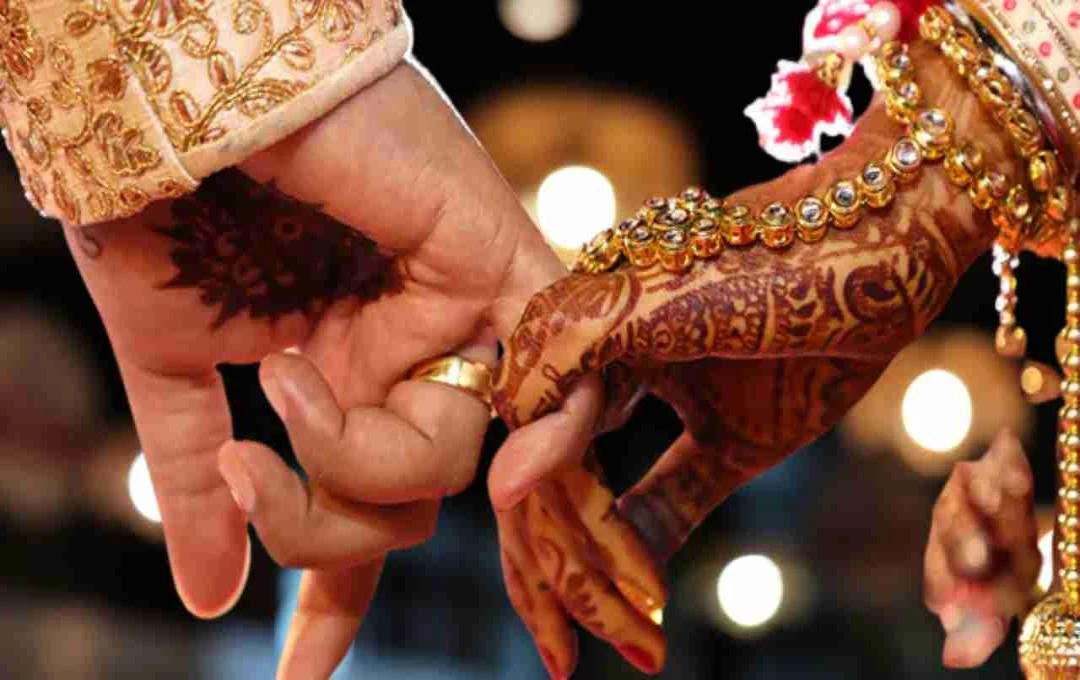Getting a daughter married in India remains a significant ordeal. Marriage is no longer simply a union of two individuals; it has become a burden weighed down by societal expectations, ostentatious traditions, and the pernicious practice of dowry. For a poor family, this burden is so immense that its repercussions echo through generations.
This is the story of a son who missed his sister's wedding because he lacked the fare to travel home. That wedding, once anticipated to bring joy, remains a curse on the entire family, even after 20 years.
Beginning with a Sister's Wedding
The year was 2004. A family residing in a small village in Bihar arranged their eldest daughter's marriage. The desire for a grand wedding, one that would silence any societal whispers, compelled the father to borrow heavily from moneylenders. Money was needed for the dowry, and meticulous arrangements were made to ensure no shortcoming in welcoming the wedding party.
The father took a loan of approximately 1.5 million rupees. This was from moneylenders who charged a monthly interest rate of 5 to 10 percent. The family's annual income barely reached 500,000 rupees. Despite this, the father hoped his son would secure a job and gradually alleviate their financial strain.
When the Son Could Do Nothing

The son, who was studying in Karnataka at the time, dreamed of becoming the family's primary support. However, he didn't secure a placement after college and remained unemployed after graduation. This son couldn't attend his sister's wedding, lacking even the money for bus fare home. He witnessed his sister's farewell only through tearful phone calls.
Even today, recalling that day brings tears to the young man's eyes. He couldn't participate in the wedding for which his father had risked everything.
A 20-Year Journey, and the Debt Remains
Twenty years have passed since that wedding, yet the debt remains unpaid. The young man's father is now elderly and unable to work. His mother suffers from a serious illness requiring treatment at AIIMS in Delhi. Over the past two decades, the family has endured countless hardships, often struggling to afford even two meals a day.
The young man's eyes welled up when his younger sister called, revealing they had nothing to eat; only puffed rice remained for dinner. He himself was eating a meal in Karnataka. This realization was so painful that he borrowed money from friends and sent it home.
The Hunger of Younger Siblings and Mother's Illness

The young man's younger siblings are struggling to survive in their village. His father has brought them to Delhi for his mother's treatment, but the exorbitant cost of medical care has pushed them to the brink of collapse. The young man himself is wandering through Karnataka, searching for work and striving to support his family.
Lessons from This Story
- Make marriage a means, not a symbol of impoverishment: It's better to spend within one's means than to succumb to social pressure.
- Eliminate the evil practice of dowry: Giving a dowry at a daughter's wedding remains a significant social ill. Its eradication is the responsibility of every family.
- Think before taking loans: Borrowing for events like weddings can ruin your future.
- Do not discriminate between sons and daughters: The belief that a son will support the family needs to change. Daughters can also provide support.
- Raise awareness in society: This story is a reflection of how societal traditions can destroy a family.
This is not just one young man's story, but the voice of thousands of families who still prioritize their perceived honor over their financial well-being in their daughters' weddings. We need to ask ourselves: Is it truly necessary to ruin ourselves in the name of honor?







